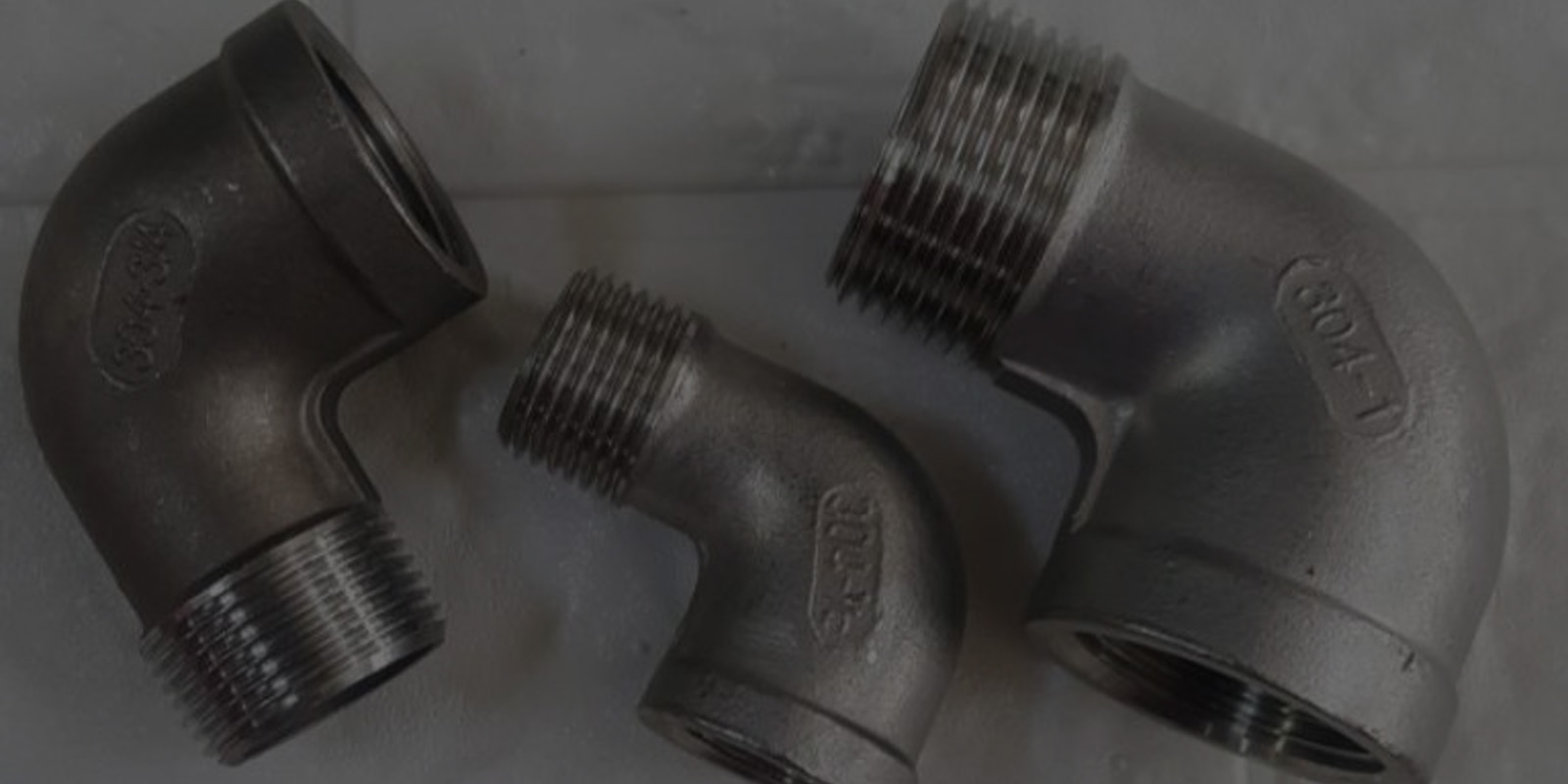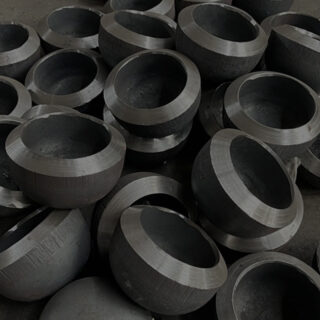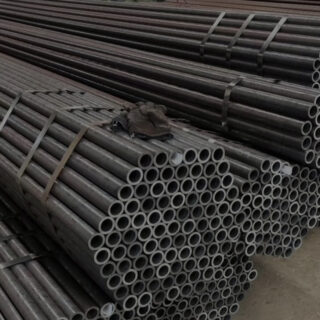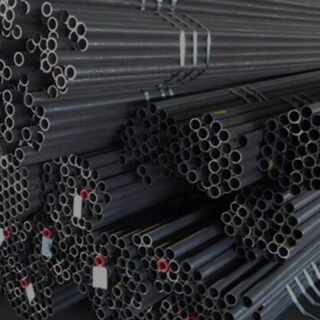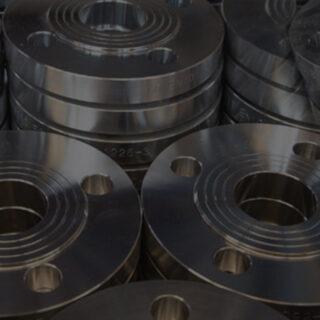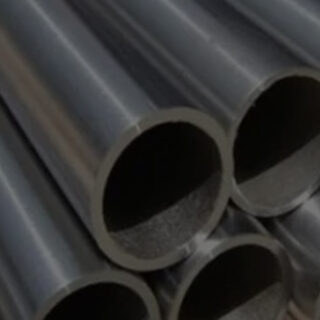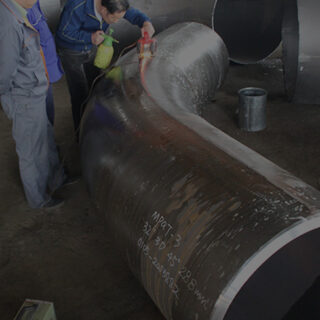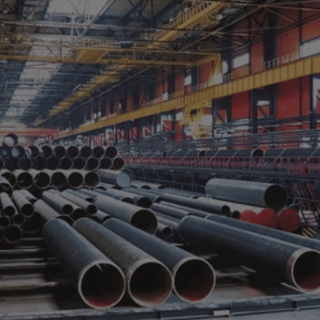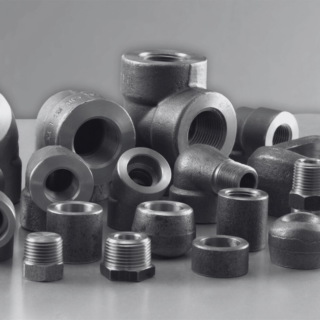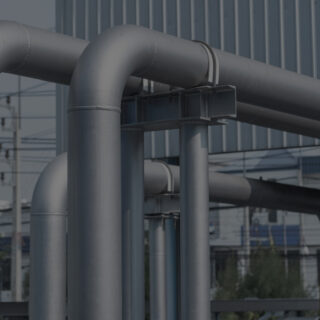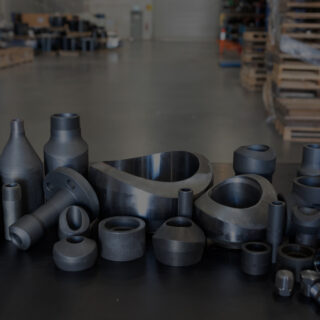
When it comes to industrial piping systems, the importance of Street Elbows cannot be overstated. These fittings play a crucial role in redirecting the flow of fluids, gases, and other substances within a pipeline, ensuring that everything operates smoothly and efficiently. However, not all Street Elbows are created equal. The quality of these fittings significantly impacts the performance, safety, and longevity of the entire piping system. This blog will delve into the quality requirements of Street Elbows and why these standards are essential for achieving optimal results in various industrial applications
Understanding Street Elbows
It is important to know what Street Elbows are and how they work in a piping system before going into the quality aspects. A Street Elbow is a kind of pipe fitting that joins two pipes at an angle, most often at right angles, but other angles such as 45 degrees are also used. The feature that sets a Street Elbow apart is the fact that one end of the elbow has a male thread while the other end has a female thread. This design proves beneficial since it makes it easier to connect threaded fittings or pipes without the use of other couplings
Street Elbows are available in many types of connections such as plumbing, heating, gas lines, and industrial systems. They are especially useful in applications where a normal elbow and coupling are too large in size. Being core products, the quality of Street Elbows Fittings must be given high priority
Material Composition
The first and the most important quality characteristic of Pipe Street Elbows is the material that they are made of. The material selected should be hard-wearing, long-lasting, and should not corrode easily as these fittings are used in harsh conditions. Some of the most frequently used materials are stainless steel, carbon steel, brass, and copper-nickel alloys. These materials have their own advantages which depend on the use that is going to be made of them. For example, stainless steel is immune to rusting and thus can be used in areas that are either exposed to moisture or corrosive agents
However, it is not sufficient to use only high-quality material. The material also has to have certain standards and specifications that it has to meet such as the ASTM or the ASME standards. These standards also guarantee that the material has adequate mechanical characteristics, including tensile strength, hardness, and impact strength, to meet the requirements of the application
Dimensional Accuracy
Dimensional accuracy is one of the most important aspects of Street Elbows and its quality. It must be noted that the dimensions must be accurate in order to have a correct fit between the elbow and the other pipes or joints. Deviation from the above-mentioned dimensions can result in issues like leakage, pressure drop, or even system failure
One of the key benefits of using modern manufacturing techniques is the ability to maintain accurate dimensions, for example, through the use of Computer Numerical Control or CNC machining that enables the production of components with high levels of precision and with minimal variation between batches. This precision ensures that each Street Elbow is well fitted into the piping system hence minimizing the possibility of making wrong installations and also ensures that the Street Elbow will function as required for a long time
Pressure Rating
The pressure rating of Pipe Street Elbows is another quality characteristic that defines the applicability of these products. Pressure rating is defined as the maximum pressure that a fitting can take during its operation. In some cases, Street Elbows may be installed in high-pressure applications such as in oil and gas pipelines or chemical processing facilities
In order to meet the necessary pressure levels, Street Elbows are tested, including hydrostatic and pressure testing. These tests confirm that the fittings will not deform, leak, or fail when subjected to the required pressures and therefore are safe to use in applications that require high pressure
Thread Quality
The material used in Street Elbows Fittings has to be of good quality to ensure that the connections made are strong and do not leak in piping systems. Inadequate formation of the thread may result in problems like leakage, cross-threading, or lack of interaction with other fittings or pipes. For high-quality threads, manufacturers employ high-precision threading methods and tools which result in smooth and accurate threads
Besides the threading process, the quality of the threads is also checked through inspections and tests. These checks help to ensure that the threads are of the right quality and are capable of delivering the necessary performance required of them in the given application
Compliance with Standards
Compliance with industry standards is a key quality requirement for Street Elbows. Standards such as those set by ASTM, ASME, and ISO (International Organization for Standardization) provide guidelines for the material composition, manufacturing process, and testing procedures for these fittings. Adhering to these standards ensures that Street Elbows meet the necessary quality and safety requirements for their intended applications
Manufacturers must provide certification documents that verify compliance with these standards. These certifications serve as a guarantee that the fittings have been produced to the highest quality levels and are suitable for use in critical applications. Compliance with standards also helps to ensure consistency across production batches, reducing the risk of defects or variations in quality

Precision in Manufacturing
The manufacturing process is very crucial in determining the quality of Street Elbows. Accuracy in manufacturing guarantees that every fitting is produced to the right size, which would allow a perfect fit and no leakage. If any of the specified dimensions are slightly off, then the fitting will not be correct and this will lead to leakage, pressure drop, or even system failure
To achieve this level of precision, manufacturers employ various methods and tools in machining. For instance, Computer Numerical Control (CNC) machines are used in creating Street Elbows Fittings with close tolerances. This technology also makes it possible to maintain the quality of the fittings being produced so that all the fittings are of the same size and shape
However, to ensure that the products meet the required standard, several quality control checks should be conducted during the manufacturing process. Some of the checks that are carried out in this process include dimensional inspections, pressure testing, and visual inspections to ensure that there are no defects or imperfections on the part. The quality control process is very effective in ensuring that any problem that may be present in the fittings is detected and corrected before it reaches the consumers
Surface Finish
Another quality characteristic that should not be overlooked is the surface finish of Pipe Street Elbows. The surface finish of the fitting should be smooth and even not only to improve the appearance of the fitting but also to increase its lifespan. Rough or uneven surfaces cause stress concentrations and hence the stress acting on the fitting may cause the fitting to fail prematurely
To obtain a good surface finish, the manufacturers employ methods like polishing, buffing, or passivation. One such process is passivation, which removes contaminants on the surface of stainless steel fittings and creates a layer of oxide that enhances the resistance to corrosion. This process is particularly critical for fittings that are to be used in areas that may experience corrosion such as marine or chemical processing industries
Testing and Certification
Quality control is not restricted to the process of production only. However, once Street Elbows are manufactured they have to go through a series of tests to prove that they are fully compliant with the standards and requirements of the industry. Pressure tests may be applied as well as hydrostatic tests and non-destructive tests such as X-ray or ultrasonic tests. These tests are useful in confirming the structural characteristics of the fittings and the capability of the fittings to endure the pressures and conditions that are characteristic of the application for which they are intended
The other quality requirement is certification in addition to testing. Manufacturers should ensure that they offer certification documents that offer an assurance of the quality of the materials used, the process of manufacture, and the tests that the product underwent. Other certifications, for instance, the ones offered by ISO (International Organization for Standardization), act as an assurance that the fittings are of the best quality and are safe to use in various applications
Conclusion
The quality of Street Elbows Fittings is a key determinant of the efficiency, reliability, and durability of industrial piping systems. Quality is a cumulative process starting from the material used in the manufacturing of these parts right from the design, precision manufacturing, surface finish, and testing all play a role in ensuring that these components are reliable. Manufacturers can therefore guarantee that Pipe Street Elbows are able to perform in the best way possible in any environment that may be placed on them through compliance with quality standards and requirements
You can Contact Citizen Pipe Fittings at sales@citizenpipefittings.com to know more about Street Elbows and their applications in various industries.

